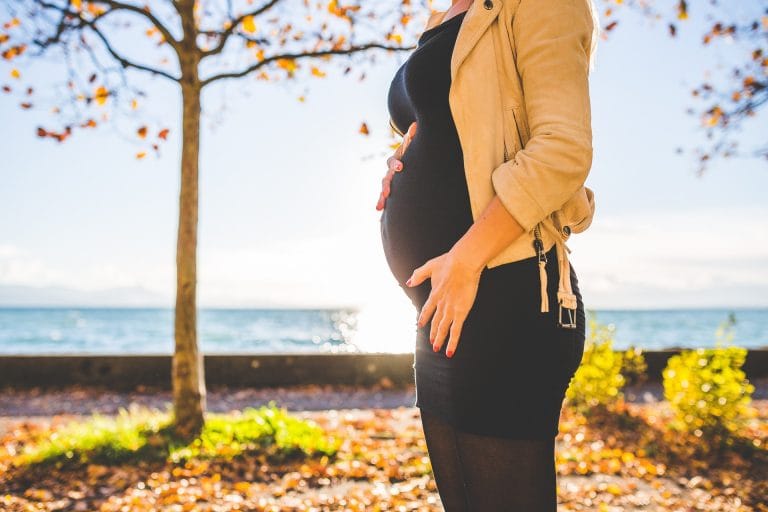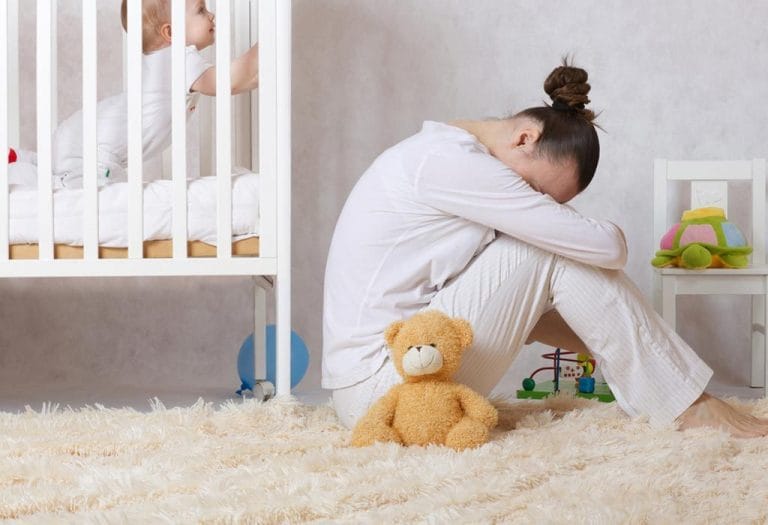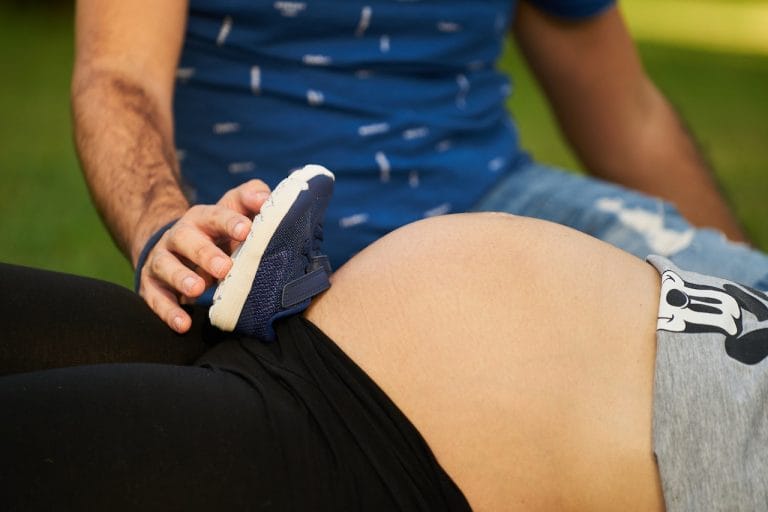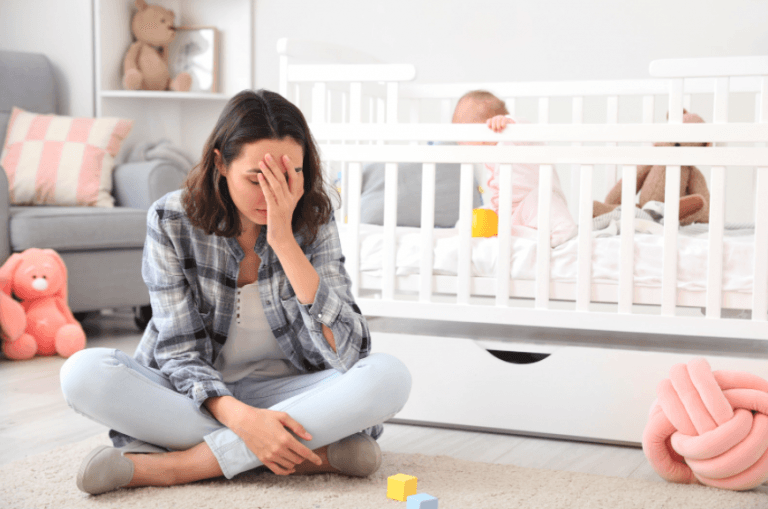Does depression cause memory loss?
Let’s first examine what MDD is in order to fully understand this concept. Major depressive disorder (MDD), sometimes known as depression, is a serious medical condition that frequently affects people’s feelings, thoughts, and behaviors. Thankfully, it is also curable. Sadness or a loss of interest in previous hobbies are the common symptoms. It can impair your ability to perform at work and at home and cause several mental and physical issues.
Millions of American adults suffer from MDD, a widespread mental ailment, each year. One or more major depressive episodes were reported by an estimated 19.4 million adults in the United States in 2019, or 7.8 percent of all adults.

Effects of depression For does Depression Cause Memory Loss:
Many people might be unaware that memory and focus problems might be common. The capacity to multitask, remember appointments, and make payments on time can occasionally seem overwhelming and unachievable for someone who is depressed. Following are the effects of depressive disorder :
1. Cognitive impairment: refers to problems such as focusing, paying attention, and remembering things. Short-term information retention and memory may be difficult for those who are depressed.
2. Hippocampal volume changes: Certain anatomical alterations happen in the brain, particularly in the hippocampus, which is essential for memory formation. Memory issues have been linked to decreased hippocampus volume.
3. Neurotransmitter imbalances: Serotonin and Norepinephrine are two neurotransmitters that are frequently released in the development of depression. These chemical messengers have an impact on memory and other cognitive processes, as well as mood. Memory problems in certain cases may be a result of imbalances in these neurotransmitters.
4. Chronic stress: long-term exposure to stress chemicals like cortisol can harm cognitive and memory processes. Memory loss has been linked to high cortisol levels.
5. Sleep disturbances: Sleep patterns can be disturbed, which may result in insomnia. Lack of sleep or poor quality sleep might damage short-term memory and memory consolidation.

Brain size shrinks due to anxiety:
For instance, a meta-analysis of MRI brain scans found that depressed individuals had on average, a smaller hippocampus than their non-depressed counterparts. The hippocampus is one of three brain areas in charge of managing and controlling memory with the amygdala. It’s interesting to note that other study participants also showed a smaller amygdala, such as those who were younger than 21 when they first experienced symptoms of MDD.

Creation of new cells in the brain:
Brain plasticity, which refers to the brain’s capacity to adapt and change in response to experiences and learning, can be profoundly impacted. For memory consolidation, mental flexibility, and emotional control in a healthy brain, plasticity is crucial. The delicate balance of neuroplasticity, however, is thrown off in stress and anxiety. Chronic stress and the unfavorable emotions that accompany depression can alter the structure of the brain, reducing the volume of particular areas, including the prefrontal cortex and hippocampus, which are essential for mood management and cognitive abilities.
The authors postulate that in depressed individuals the growth of nerve cells is inhibited. It could be challenging to access and form new memories as a result that eventually leads us to the point that depression causes memory loss.
Effect of depression on memory loss:
Does depression cause memory loss?
Memory-related brain alterations are thought to be brought on by depression. For instance, the body enters a stress reaction and releases the stress hormone cortisol when a depressive episode occurs. The hippocampus, a region of the brain, shrinks as a result of too much cortisol in the body, which prevents the development of new brain cells. The hippocampus is crucial for the development of memories. It aids memory formation, organization, and storage in the brain. This implies that memory may be impacted by the stress response brought on by depressive episodes.
Depression may cause disruptions in cognitive functioning and eventually cause memory loss. There are times when symptoms resemble those of dementia. When this happens, it is frequently referred to as “pseudodementia”.
Type of memory that depression affects: How does Depression Cause Memory Loss
1. Explicit memory is the memory of facts and events. One 2018 study published in Psychological Medicine Trusted Source found depressed people may also struggle to remember specific elements of their autobiographical memories—memories that focus on a person’s life history.
2. The term “autobiographical memory” refers to the recall of one’s own life. According to research, people who suffer from significant depression and other mood disorders frequently have trouble recalling the past. They might concentrate on unpleasant memories or have a consistently unfavorable attitude towards recollections.
3. Long-term memory is your ability to recall facts, ideas, and experiences that you have learned through practice and exposure over the course of your life.
4. Working memory: Short-term planning, comprehension, reasoning, and problem-solving all involve the use of working memory. It consists of the knowledge you can keep in mind to apply to conscious, on-the-spot mental tasks.
Guided mindfulness meditation for depression

Short-term memory loss:
Due to how depression alters the structure and function of the brain, it can result in short-term memory loss. The hippocampus, a part of the brain essential for memory formation and retrieval, can undergo alterations as a result of chronic stress and elevated levels of stress hormones like cortisol. The capacity to encode and recall information in the short term may be hampered by these changes. Additionally, sadness frequently results in people becoming concerned with unfavorable feelings and ideas, which pulls them away from the present and makes it harder for them to consolidate memories
Dementia:
Dementia and depression are frequently associated with one another. Depressed individuals have a more chance of developing dementia as they age. Additionally, those who have dementia may also exhibit depressive symptoms, such as chronic melancholy, a lack of interest in activities, and adjustments to appetite and sleep schedules
In conclusion the answer to the question does depression cause memory loss?
Would be yes surely depression effects different elements of brain function by causing memory loss and cognitive deficiencies. The hippocampus and memory formation may be impacted by structural changes in the brain brought on by the stress response and hormonal imbalances. It is extremely important to get the right diagnosis and treatment for depression, especially for people who are at risk for or are currently suffering from dementia.







